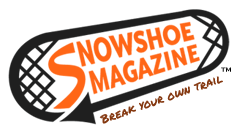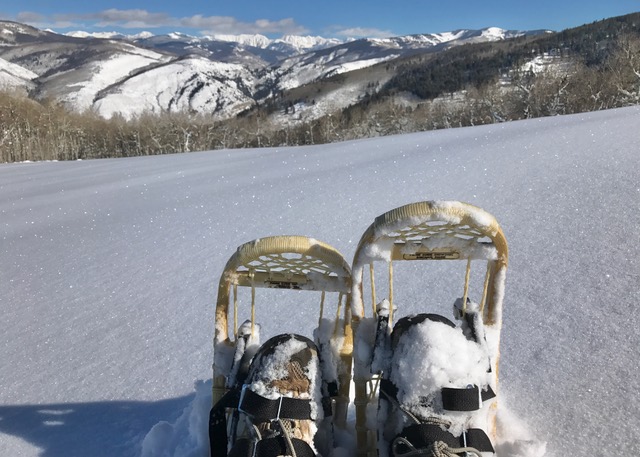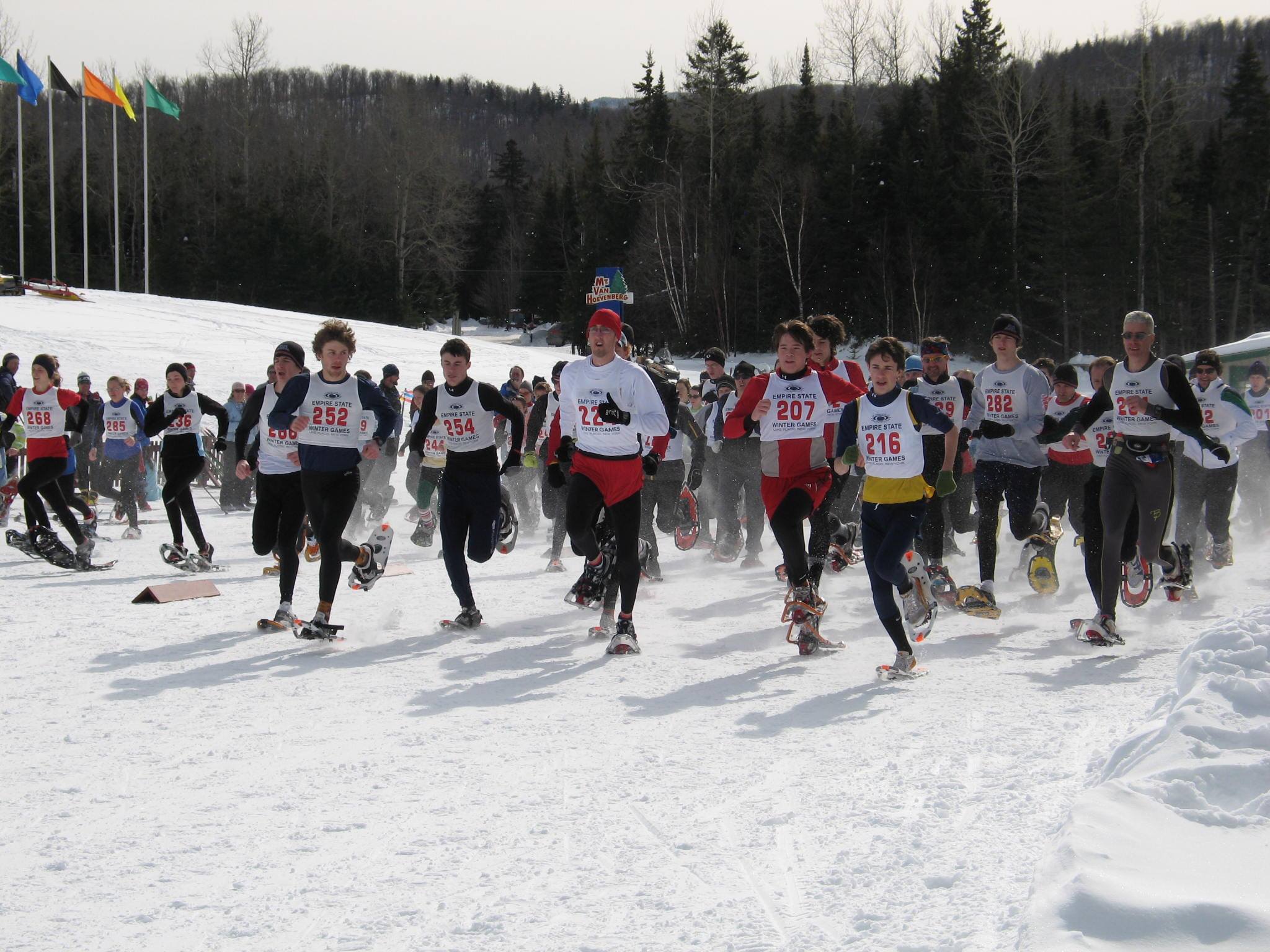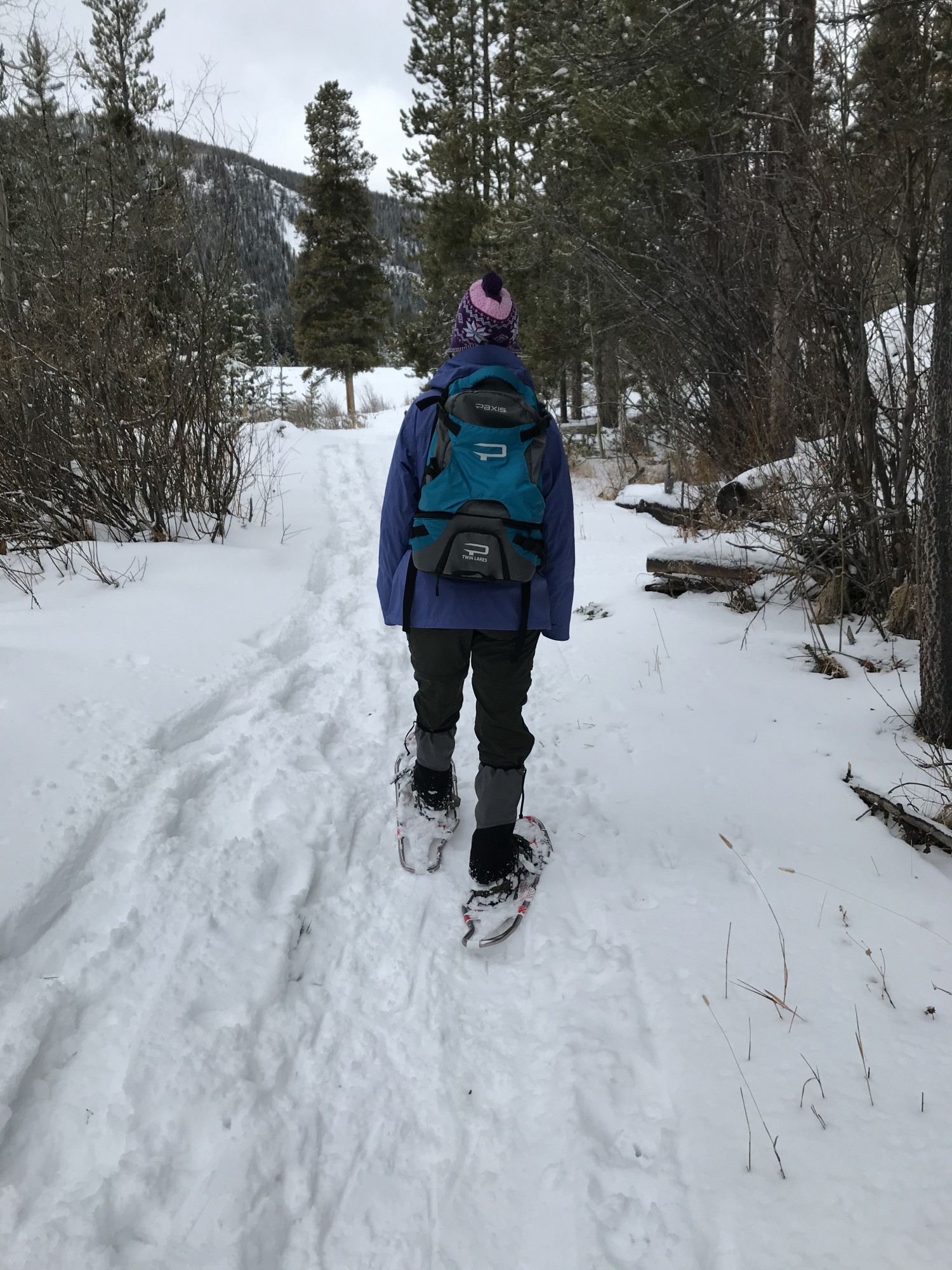Sweat consists of water and electrolytes.
All bodily functions depend on sufficient water. Replenishing water without replenishing electrolytes will create an imbalance. The severity of the imbalance could lead to hyponatremia (water intoxication). Your body depends on water for sports performance and survival.
Electrolytes play a crucial role in virtually every cellular function in your body. Electrolytes are essential for muscle contractions, heart beats, fluid regulation, and nerve function. Electrolytes overload means dehydration. Electrolyte deficiency causes a meltdown. Homeostasis is imperative.
Both water and electrolytes must be replenished to achieve balance respective to hydration, blood pH, proper nerve function and coordination.
Enter sports drinks.
The purpose of a sports drink is to sustain at an optimal level an athlete’s water and electrolyte balances during activities lasting more than one hour. This readily assimilated form is supposed to replenish simple carbohydrates and electrolytes, mitigate muscle twitches, cramps, and spasms, and sustain or elevate performance. This optimization level may be affected by intensity, altitude, wind, temperature, humidity, among other factors.
Sports drinks receive the red carpet treatment in terms of global marketing and attention. The concept of a sports drink is superseded by its inability to match the hype. Most commercial sports drinks contain artificial colors and flavors, refined sugar, high fructose corn syrup (or its derivative), and preservatives solely to make them more palatable. Another excellent idea ruined by low-grade ingredients for the sake of profit.
Equally disturbing is the marketing genius behind the concept of using sports icons to sell boatloads of flavored sugar water to sedentary consumers and anyone else willing to waste money on them. Clearly the “flavor for profit” business model is a success at the expense of one’s health. This is as deplorable as the Standard American Diet. Disease is big business.
The palate of the snowshoer and trail runner demands a slightly sour or even bitter taste versus a sweet one. This is increasingly evident during your summer training and racing schedules. Exertion alters an athlete’s flavor receptors to crave tartness versus sweetness. This makes most commercial products impractical.
Water quenches thirst. Water laced with sodium inherently causes one to drink more water. Simple sugars satisfy hunger. Endurance athletes consume more sugar if it is in a complex form with minimal sweetness. Sports scientists and manufacturers have teamed to concoct an effective formula to meet these demands and make a ton of money.
The body requires only 250-500mg of sodium per day to function optimally. This is easily met by consuming whole, unprocessed foods and rapidly exceeded by adhering to the Standard American Diet. A 32 ounce container of Gatorade, for example, provides a mere 440mg of sodium. No wonder the average American ingests 10g of salt per day.
There are healthier more effective solutions to replenishing water and electrolytes without greasing the wheels of commercial manufacturers. Long before the formula to mass produce sports drinks was devised there existed a natural powerhouse sports drink called coconut water. Coconut water is rich in electrolytes and provides the hydration necessary to ensure smooth muscle contractions and sustained energy levels. Excellent sources of electrolytes are sea vegetables – especially dulse. Combine these two natural gems (along with other ingredients) to make a killer sports drink.
Experiment with coconut water when you transition to your hot weather endurance training. You may be pleasantly surprised by its refreshing effectiveness especially when the thermometer soars.
Gels
Sport gels have become fixtures in the world of endurance sports. These are highly concentrated carbohydrates in an easily digestible form designed to quickly assimilate fuel to the athletes during training or competition. The idea is to replenish glycogen stores with a combination of glucose and fructose.
This is a terrific concept but most commercial varieties include artificial flavors and colorings among less than optimal ingredients constituting its base. This compromises digestive energy and ultimately your health and sports performance.
You can spend your money on lab-concocted saltwater, polymer complex carbohydrates with artificial flavors and colors, high fructose corn syrup and/or other chemically-enriched ingredients, with a tinge of potassium or you can make your own effective versions for a fraction of the cost – to your wellness and your wallet.
Coconut oil is an ideal base ingredient for gels. Coconut oil is unique in that it is rich in medium-chain triglycerides (MCTs). These MCTs are a form of saturated fat with health benefits due to how the body synthesizes it. MCTs are easier on your pancreas, liver, and digestive system and instantly converted to energy by your liver versus being stored as fat at the cellular level.
There are better ways than paying the price for convenience. Find below a few raw and other high potency formulas to add to your flask and rev your performance in the spirit of wellness. Please modify to your preferences.
____________
Drinks
~Blend a few bananas in a quart of water.
An indoor strength training session may require more bananas than water. A hot weather trail run may require more water than bananas. To supply extra electrolytes, simply blend a stalk or more of celery.
~Soak a cup of dried fruit (raisins, dates, figs, pineapple…) overnight in a water bottle. The soak water becomes a carbohydrate and nutrient rich energy drink. Use the soaked fruit in a post-workout or race smoothie.
~Mint Carob Sport Drink
3 dates;
2 strips dulse (1tbsp);
2 cups water;
1 tbsp agave nectar;
2 tsp cacao nibs;
1 tsp dried mint (or 1 tbsp fresh);
1 tsp coconut oil;
sea salt to taste
Combine all ingredients in a blender; process until smooth. Yields about three cups.
~Electrolyte Sport Drink w/ Ginger
1 lemon;
2 cups coconut water;
1 tbsp agave nectar;
1/2 tbsp grated fresh ginger;
sea salt to taste
Squeeze the juice of the lemon into a blender. Add remaining ingredients. Blend. Keep refrigerated to two weeks.
___________
Gels
~Blend water, dates, raisins, blackstrap molasses or any other combination with agave nectar, coconut oil to your desired consistency. Sea salt to taste.
~Carob Gel
4-5 dates;
1/4 cup agave nectar;
2 tbsp lemon juice;
2 tsp cacao nibs;
2 tsp lemon zest
sea salt to taste
Combine all ingredients in a blender and process to your preferred consistency.
~Lemon-Lime Gel
4-5 dates;
1/2 cup agave nectar;
1 tbsp lime zest;
2 tsp. Lemon zest;
1/2 tsp dulse;
sea salt to taste
Combine all ingredients in a blender and process to your preferred consistency.
Gels are best fresh but will last to three days in the refrigerator.
Blender recipes courtesy of the “Thrive Diet” and Dr. Douglas N. Graham.






[…] found some fantastic DIY sports drink recipes (and gel recipes too) at Snowshoe Magazine. They include a Mint Carob Sport Drink, an Electrolyte Sport Drink with […]